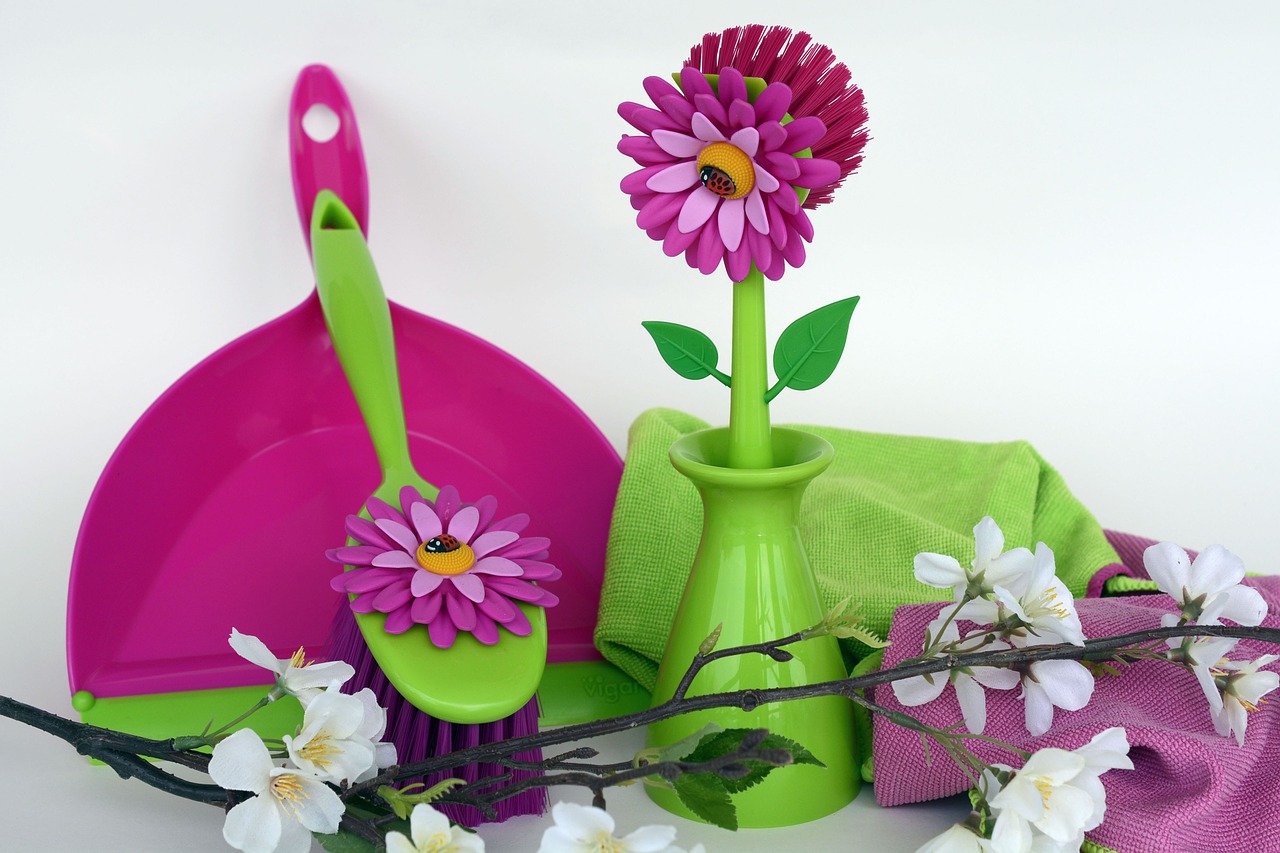Written by: Beth Biedrzycki, Pharm. D., BCGP, at PCMA
Every spring we are reminded to check the batteries in our smoke detectors and move our clocks ahead as part of Spring cleaning. However, spring ritual that needs attention is our medicine cabinets. We often forget all of the medications things we stock plied away “just in case” which could actually do more harm than good. The following simple tips could not only clean up your space, but also keep your family safe.
First, assess where you are storing your medications. The bathroom is a common place but actually one of the worst. The frequent temperature changes and humidity can alter the integrity of your medicines. When selecting an alternative, consider whether the new storage location is inaccessible to children and pets. A lock box or high dresser drawer may be safer choices.
As you clean out your medicine cabinet, be sure to observe the condition of the medications. Did they change in color or develop a smell? Those are sure signs that you need to get rid of them. Next check the expiration dates on all over the counter items, vitamins, and topical creams and discard any that are expired. For prescriptions medication, a good rule of thumb would be to get rid of anything over a year old. Medications can lose effectiveness or even become toxic if stored too long or in the wrong conditions. Be sure to discard any leftover antibiotics, as their effectiveness may be limited and misuse can cause antibiotic resistance in certain cases. Did you find something that is no longer in its original container? This too should be disposed of as well.
Now that you have identified things to clean out, what can you to destroy? It is not good practice to flush medications down the toilet as they can damage our environment as they are generally not removed from water by sewage treatment. Rather, first place them in a large Ziploc bag with a little water. To that you can add kitty litter or coffee grounds and dispose in the regular trash can. Many times, local police departments, pharmacies or DEA offices host drug take back days. Call your local law enforcement agency via their published non-emergency number to ask if take back programs are available in your area. This is especially true for pain medications, as rampant prescription drug abuse in the community is fueled in part by leftover medications being stolen from homes.
Just a little time devoted to an often-overlooked area of your home can make a big difference in the health and safety of your family.
DISCLAIMER: The information contained in this article is intended solely for the general information for the reader and is not intended to be a substitute for professional medical advice, diagnose health problems or suggest any treatment. It is not a substitute for medical care provided by a licensed and qualified health professional and does not create a physician-patient or pharmacist-patient relationship. Please consult your health care provider for any personal medical advice.

